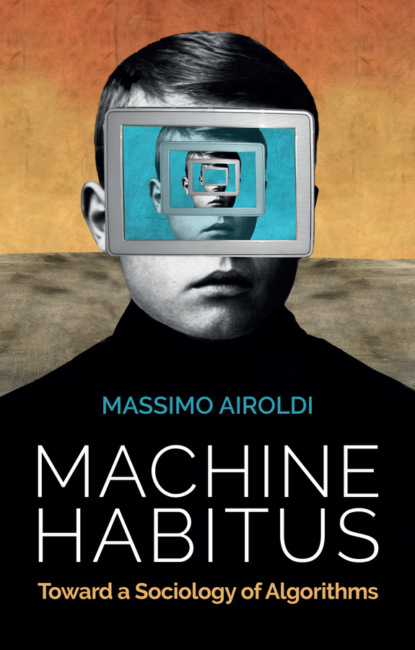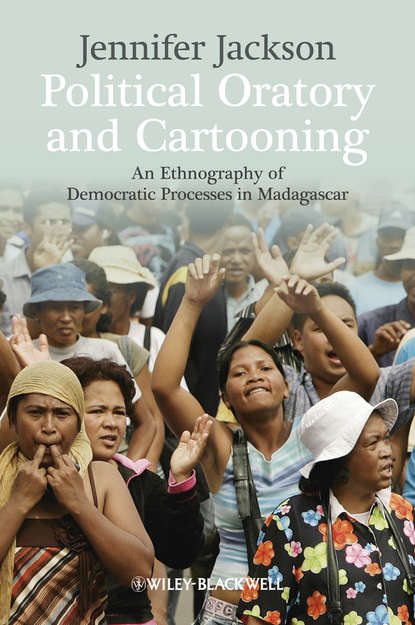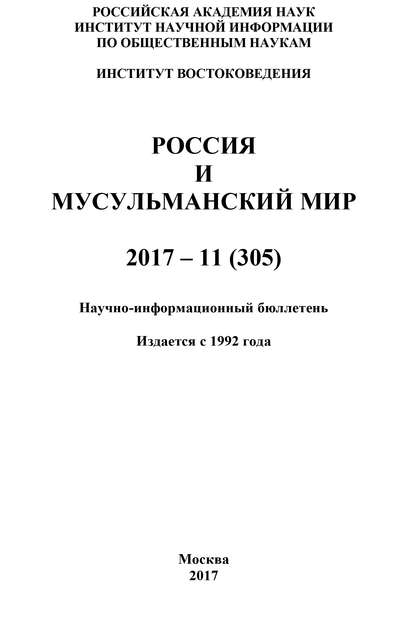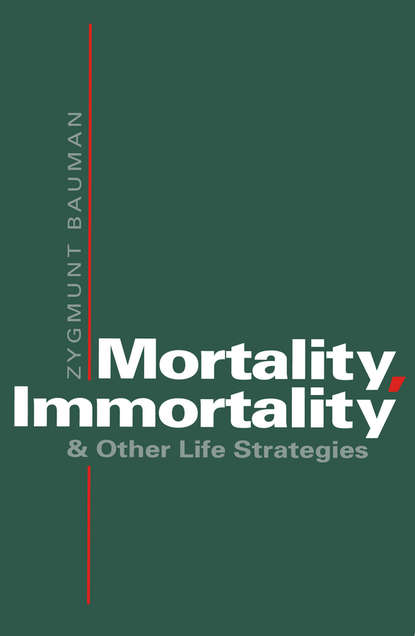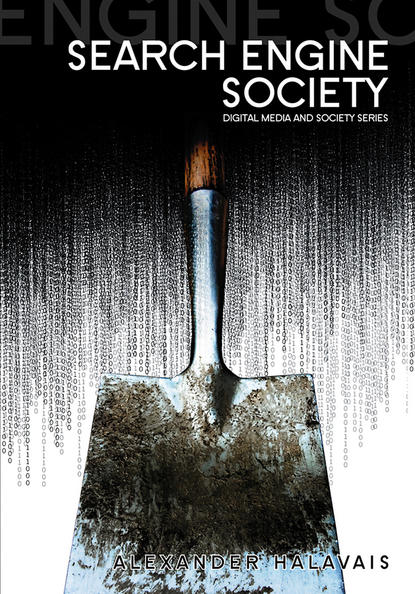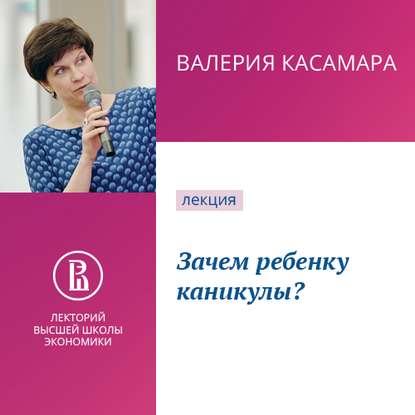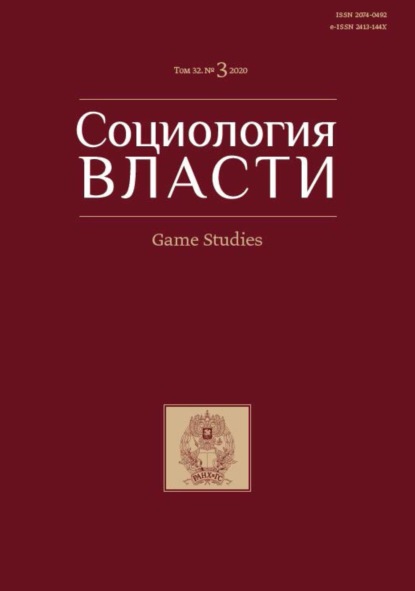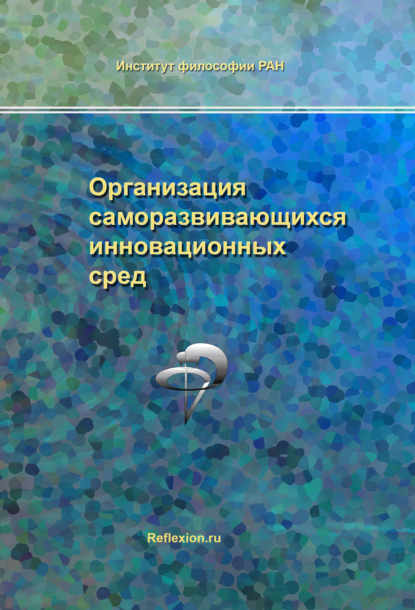В этой книге автор Massimo Airoildi рассказывает об обществе, состоящем не только из людей, но и из множества автоматизированных систем. Они участвуют в социальном конструировании реальности: разделяют очевидное и скрытое, актуальное и неактуальное, вероятное и невероятное.
Автор обращается к работам Пьера Бурдьё, который создал свою социологию. «Механический» (habitus) автор описывает как своего рода социальное поле, которое формирует алгоритмы, а те - поведение человека. При этом алгоритм становится частью культуры и влияет на тех, кто им пользуется.
Книга представляет интерес для социологов, культурологов, научных сотрудников, всех тех, кому интересна растущая роль алгоритмов в социальной и культурной жизни.
Электронная Книга «Machine Habitus» написана автором Massimo Airoldi в году.
Минимальный возраст читателя: 0
Язык: Английский
ISBN: 9781509543298
Описание книги от Massimo Airoldi
We commonly think of society as made of and by humans, but with the proliferation of machine learning and AI technologies, this is clearly no longer the case. Billions of automated systems tacitly contribute to the social construction of reality by drawing algorithmic distinctions between the visible and the invisible, the relevant and the irrelevant, the likely and the unlikely – on and beyond platforms. Drawing on the work of Pierre Bourdieu, this book develops an original sociology of algorithms as social agents, actively participating in social life. Through a wide range of examples, Massimo Airoldi shows how society shapes algorithmic code, and how this culture in the code guides the practical behaviour of the code in the culture, shaping society in turn. The ‘machine habitus’ is the generative mechanism at work throughout myriads of feedback loops linking humans with artificial social agents, in the context of digital infrastructures and pre-digital social structures. Machine Habitus will be of great interest to students and scholars in sociology, media and cultural studies, science and technology studies and information technology, and to anyone interested in the growing role of algorithms and AI in our social and cultural life.
